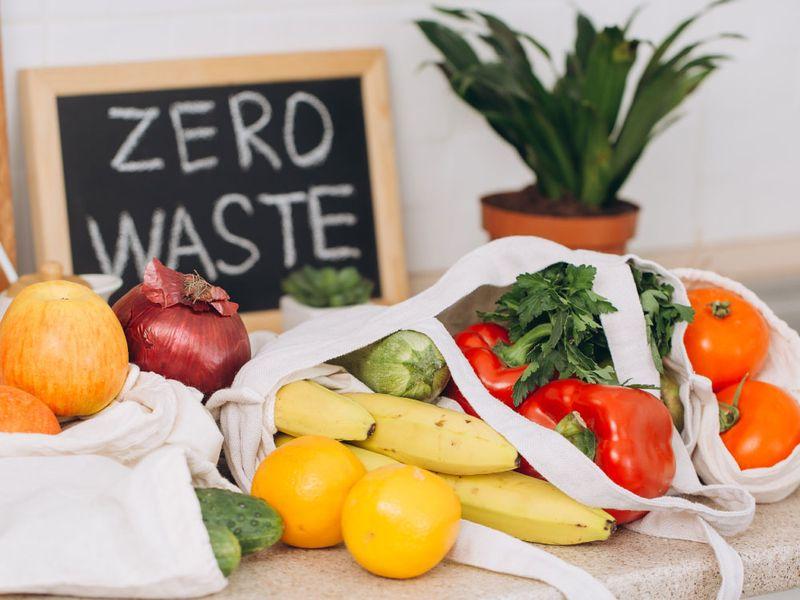In a world grappling with hunger and environmental concerns, it's disheartening to know that a significant portion of the food we produce ends up as waste. Whether it's the leftovers on our plates, perishable items left to spoil in the fridge, or the over-purchasing of groceries, our habits contribute to a global issue. In this blog post, we'll explore the alarming statistics surrounding food waste, particularly in Australia, and how adopting mindful practices with the help of tools like the Grocstock app can make a substantial difference.
The Global Food Waste Epidemic:
Food waste is a pervasive problem worldwide, with roughly one-third of all food produced for human consumption ending up in landfills. According to the Food and Agriculture Organization (FAO) of the United Nations, this amounts to approximately 1.3 billion tons of wasted food annually. Not only does this contribute to hunger, but it also exacerbates environmental issues, as decomposing food in landfills produces harmful greenhouse gases.
Australia's Food Waste Scenario:
Australia is no exception to this global issue. The country wastes an estimated 7.3 million tons of food annually, costing the economy around $20 billion each year. This equates to roughly 300 kilograms of food per person, with fruits, vegetables, and leftovers being the most commonly discarded items. The impact of such wastage on both the economy and the environment is considerable.
The Role of Household Habits:
Households play a significant role in contributing to food waste. Leftover meals, forgotten produce in the back of the fridge, and excessive purchases all contribute to the problem. Recognizing and addressing these habits is crucial in curbing food waste.
Introducing the Grocstock App:
One innovative solution to combat food waste at the household level is the Grocstock app. This app helps users keep track of their groceries, reducing the likelihood of items reaching their expiration date unnoticed. Here's how it works:
Inventory Management: Users can input the items they purchase, including their expiry dates, into the app. This creates a virtual inventory of their kitchen.
Expiry Alerts: The app sends timely alerts as items approach their expiration dates, allowing users to plan meals around these items or prioritize their consumption.
Shopping Lists: Grocstock can also generate shopping lists based on the items you have and their expiry dates, preventing over-purchasing.
Statistics on Food Waste Reduction with Apps:
Studies have shown that using food management apps can significantly reduce household food waste. For instance, our analysis has found that using GrocStock has a 25% reduction in food waste compared to those who didn't.
Minimizing food waste is not just a personal responsibility but a collective one that can positively impact both society and the environment. By adopting mindful practices in our households and leveraging innovative tools like the GrocStock, we can contribute to a more sustainable and responsible approach to food consumption. Let's make a conscious effort to reduce food waste and create a healthier, more sustainable future for all.




